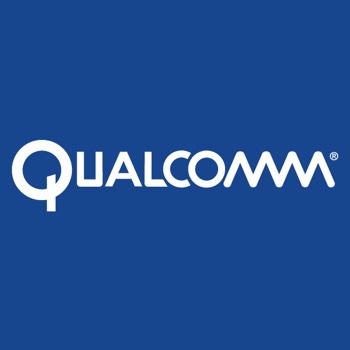Qualcomm has filed lawsuits in China to attempt to stop the manufacturing and sale of Apple’s popular iPhone in the country.

The San Diego-based company aims to inflict pain on Apple in the world’s largest market for smartphones and cut off production in a country where most iPhones are made. The product provides almost two-thirds of Apple’s revenue. Qualcomm filed the suits in a Beijing intellectual property court claiming patent infringement and seeking injunctive relief, according to Christine Trimble, a company spokeswoman.
“Apple employs technologies invented by Qualcomm without paying for them,” Trimble said. Apple shares initially gave up some gains from earlier on Friday before recovering, while Qualcomm stock maintained small losses.
The lawsuits are based on three non-standard essential patents. The patents cover power management, as well as Force Touch, which is used by Apple in it’s iPhone touch screens. These “are a few examples of the many Qualcomm technologies that Apple uses to improve its devices and increase its profits,” Trimble said.
As for Apple, the company says the claim has no merit. “In our many years of ongoing negotiations with Qualcomm, these patents have never been discussed,” said Apple spokesman Josh Rosenstock. “Like their other courtroom maneuvers, we believe this latest legal effort will fail.”
The two companies have been battling it out in court since the beginning of 2017. At that time, Apple sued the San Diego-based firm for $1 billion, accusing the company of charging unfair royalties for “technologies they have nothing to do with” and for failing to pay quarterly rebates.
Following the initial filing, Apple ceased paying licensing fees to the company, with Apple suppliers following suit. In retaliation, Qualcomm soon filed several patent infringement lawsuits against Apple, asking the United States International Trade Commission to block imports of certain models of both the iPhone and iPad.
On another legal front, Qualcomm faces an FTC lawsuit in the United States for engaging in anticompetitive tactics to stay atop the heap as supplier of baseband processors for smartphones. The company was recently fined $773 million in Taiwan for violations of antitrust rules.
(Via MacRumors)


